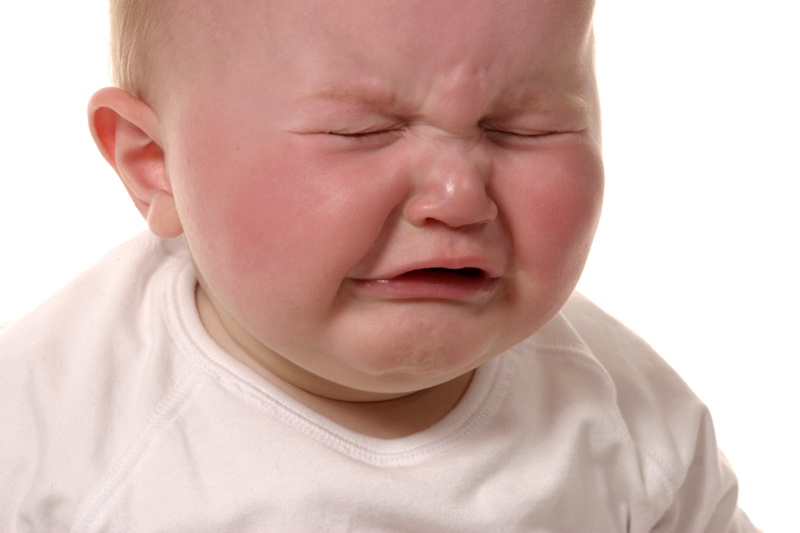Old Rocks
Diamond Member
Election 2016 Clinton Trump Spread
RCP Poll Average 47.5 45.3 Clinton +2.2

4-Way RCP Average 45.3 43.1 Clinton +2.2

Favorability Ratings -9.3 -21.0 Clinton +11.7
Betting Odds 74.0 26.0
Electoral College Clinton Trump Spread
RCP Electoral Map 263 164 Clinton +99
No Toss Up States 305 233
Battlegrounds

 Clinton Trump Spread
Clinton Trump Spread
Michigan 46.0 39.3 Clinton +6.7
Wisconsin 47.0 41.3 Clinton +5.7

Virginia 47.5 42.3 Clinton +5.2

Georgia 43.5 47.5 Trump +4.0

New Hampshire 45.2 39.6 Clinton +5.6

Maine 45.3 38.3 Clinton +7.0
Arizona 43.3 42.7 Clinton +0.6
Electoral Map | No Toss Ups | Senate Map | Latest Polls
RealClearPolitics - Opinion, News, Analysis, Video and Polls
Clinton still well ahead
RCP Poll Average 47.5 45.3 Clinton +2.2

4-Way RCP Average 45.3 43.1 Clinton +2.2

Favorability Ratings -9.3 -21.0 Clinton +11.7
Betting Odds 74.0 26.0
Electoral College Clinton Trump Spread
RCP Electoral Map 263 164 Clinton +99
No Toss Up States 305 233
Battlegrounds


Michigan 46.0 39.3 Clinton +6.7
Wisconsin 47.0 41.3 Clinton +5.7

Virginia 47.5 42.3 Clinton +5.2

Georgia 43.5 47.5 Trump +4.0

New Hampshire 45.2 39.6 Clinton +5.6

Maine 45.3 38.3 Clinton +7.0
Arizona 43.3 42.7 Clinton +0.6
Electoral Map | No Toss Ups | Senate Map | Latest Polls
RealClearPolitics - Opinion, News, Analysis, Video and Polls
Clinton still well ahead


